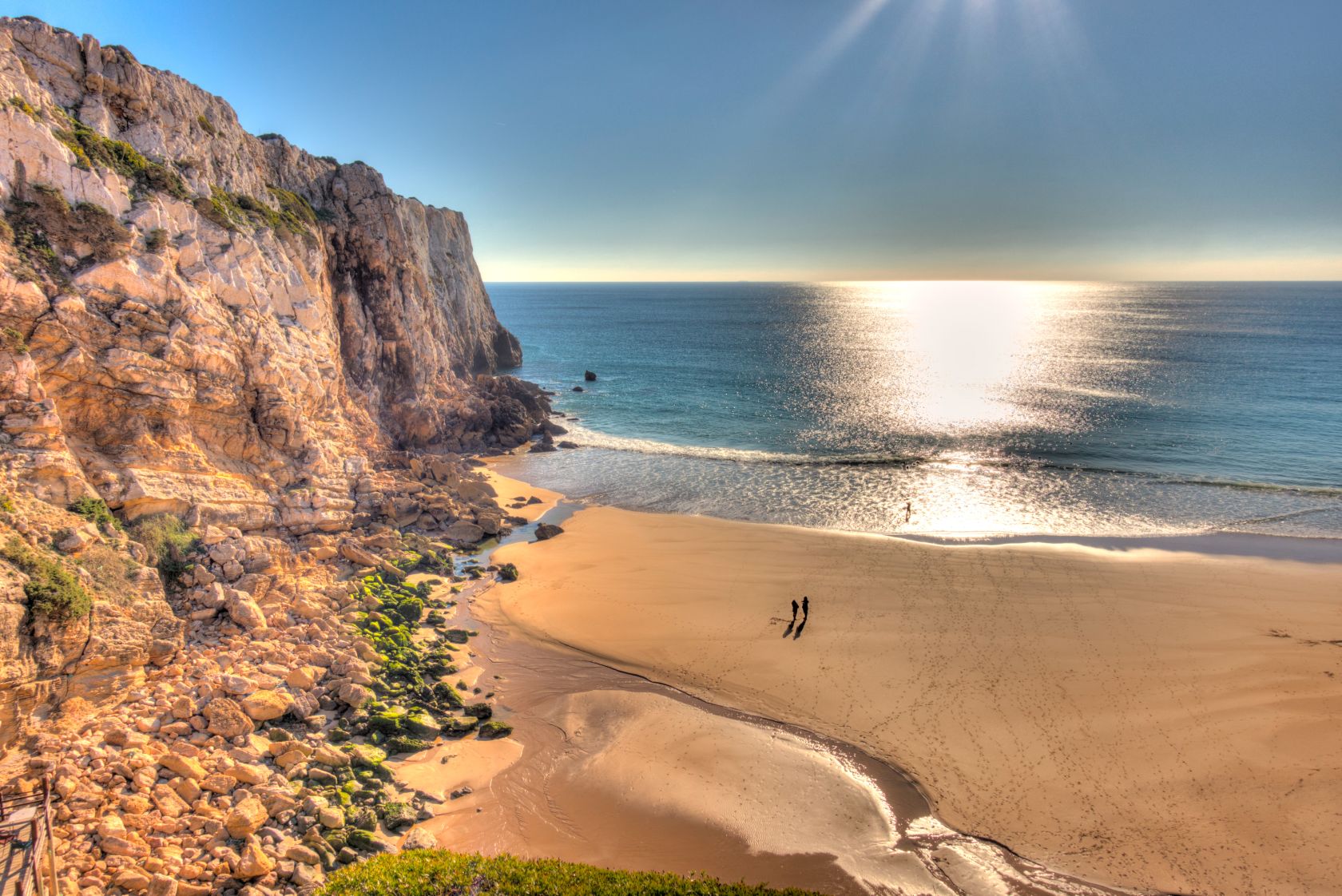For non-EU nationals, two routes dominate the conversation: the D7 Visa and the Golden Visa. Both can lead to residency and eventually citizenship, but they serve very different lifestyles and financial profiles.
The D7 Visa – For Those Ready to Build a Life in Portugal
Often called the passive income visa, the D7 is designed for people who can support themselves through pensions, rental income, dividends or royalties.
Think of the D7 as the visa for a full-time life in Portugal. Applicants must show a stable passive income of at least €870 per month in 2025 for a single person (with higher thresholds for dependants). In return, holders are required to live primarily in Portugal — usually at least 183 days per year.
The benefits are clear: becoming a Portuguese tax resident unlocks access to the healthcare system, education for children and integration into local life. After five years, D7 residents can apply for permanent residency or citizenship.
For retirees and remote workers who want to immerse themselves fully in Portuguese culture and community, this is often the simplest and most affordable option.
The Golden Visa – Residency Through Investment
Launched in 2012, the Golden Visa attracts foreign investment in exchange for residency rights. Property purchases were phased out in 2023, so today’s programme focuses on other qualifying routes, most commonly:
• €500,000 in an approved, regulated investment fund (often diversified across real estate development, infrastructure, technology or innovation)
• €250,000–€500,000 in cultural heritage, the arts or scientific research
• Creating or investing in a Portuguese business that generates 10 jobs or more
The Golden Visa’s headline appeal is flexibility. Residents need only spend seven days in Portugal in the first year and a total of 14 days in every subsequent two-year period. For busy professionals, entrepreneurs and families who want EU residency and the option of citizenship but cannot relocate full-time, it remains one of Europe’s most time-efficient solutions.
It does require significant capital, generally €250,000 to €500,000 depending on the chosen investment, but many funds now offer fixed or target returns alongside the residency benefit.
*If you’re weighing up these options and want expert guidance, you can join our free webinar: Pathways to Portugal: Your Visas Explained — on 13th October at 17:00 BST. Register Here to see the D7 and Golden Visa compared side by side, including income rules, stay obligations and how each leads to citizenship.*
Key Differences at a Glance
Purpose: The Golden Visa suits investors who want maximum flexibility and minimal time in Portugal, while the D7 targets those ready to make Portugal their primary home.
Financial Criteria: Golden Visa applicants qualify via an eligible investment of €250,000–€500,000, turning capital into a residency pathway. The D7 requires ongoing passive income (about €870/month for one person).
Residency Commitments: Golden Visa holders need to be in Portugal only a few weeks across five years. D7 residents must spend at least 183 days annually to maintain status.

Tax Position: Golden Visa residents often remain non-tax-resident because of the minimal stay requirement. D7 holders are generally tax residents, meaning their worldwide income can become taxable in Portugal (though certain reliefs such as NHR may apply).
Path to Citizenship: Both routes currently allow applications for citizenship after five years. Parliamentary debate has considered extending this to ten, but for now the five-year pathway stands for both.
Choosing Between Them
Opt for the D7 Visa if you plan to live in Portugal year-round, can prove reliable income and are comfortable becoming a tax resident.
Choose the Golden Visa if you have investment capital and want the benefits of EU residency and citizenship eligibility without full-time relocation.
Both remain viable in 2025, but proposed changes, particularly around the citizenship timeline, mean it’s worth understanding your options early. Portugal has a tradition of protecting (“grandfathering”) those already in the programme, so acting under today’s rules can add certainty.
Free Webinar – Portugal Golden Visa 2025: Everything You Need to Know with Live Q&A
If you decide the Golden Visa could be your route, you can go deeper with a dedicated session: Jason Swan — Senior Partner at Holborn Assets and one of Portugal’s leading Golden Visa specialists — is hosting a live, no-cost webinar:
📅 14 October 2025
🕒 17:00 BST
Register Here
Key Points:
• Portugal Golden Visa basics – who qualifies and how it works
• Process to permanent residency and Citizenship via Portugal
• Updated qualifying investment routes – including low-capital and fixed-return structures
• AIMA processing updates – current timelines and how to navigate delays
• Family inclusion – requirements and structure planning
• NHR 2.0 – Portugal’s new tax regime and who can benefit
• Potential new tax incentives for GV investors – early insights
The session ends with a live Q&A, giving attendees the chance to ask questions directly to experienced advisers.
Places are limited — register to secure your spot and get clear, practical insight before further changes are introduced.















While there may be a way to enter, however, acquiring citizenship is a very painful process in Portugal as processes are extremely time consuming and there is no consideration for exceptions owing to these delays. My minor daughter is currently suffering owing to delays and the system just doesnt allow any audience to express concerns.
By GARG GAURAV from Algarve on 08 Oct 2025, 09:49